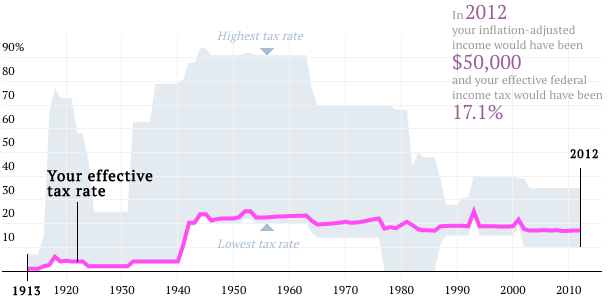Leslie Green asks What is Freedom for? Answer:
- Two conceptions of the value of political freedom are popular. According to one, freedom serves autonomy, creating one's own path through life. According to the other, freedom serves authenticity, keeping faith with an identity one did not choose. This paper bridges the gap between these views in several ways. It shows that autonomy embraces some of the unchosen aspects of life that authenticity stresses, and that authenticity is consistent with scope for choice within an unchosen identity. It is also shows that both views share a stake in a neglected value, self-knowledge. Partisans of authenticity cannot keep faith with their identity if they do not know what it truly is. Partisans of autonomy cannot choose a path in life without knowing what the options are for them, and these options can be affected instrumentally and constitutively by their identity, which they therefore have a stake in knowing. Of course, there can be more than one sound argument in favor of freedom. But contrary to what many suppose, autonomy and authenticity are complementary, not competing, in making that case. The differences between them are matters of nuance and degree.







